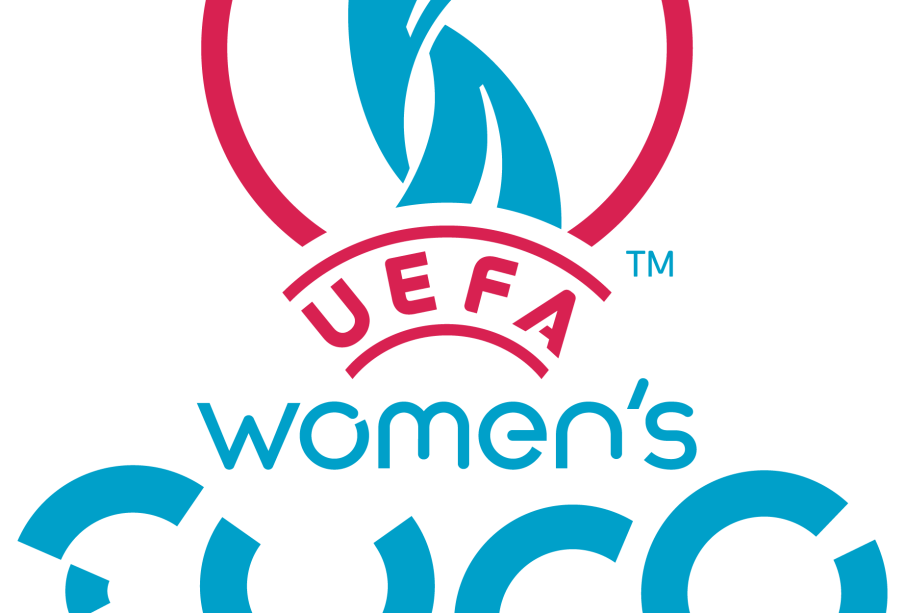Exploring UEFA Women’s Euro 2025: Expectations and Insights

Introduction
The UEFA Women’s Euro 2025 is set to be a landmark event in women’s football, showcasing the growing popularity and competitiveness of the sport across Europe. Scheduled to take place in six host nations, this tournament not only represents an athletic challenge but also serves as a crucial platform for advancing gender equality in sports and increasing opportunities for female athletes. With the previous editions experiencing heightened interest and participation, the 2025 tournament promises to build on this momentum.
Significance of UEFA Women’s Euro 2025
As the tournament approaches, excitement grows among fans, players, and sponsors alike. Set to take place in co-host nations including England, France, Germany, Norway, Sweden, and Netherlands, UEFA Women’s Euro 2025 will expand its reach and visibility. The choice of these nations, with their rich football traditions and established infrastructure, is a testament to UEFA’s commitment to promoting women’s football at the highest level.
The UEFA Women’s Euro has historically provided a stage for emerging talent. Recent tournaments have seen increased attendance and television viewership, indicating a shift in public perception and support for women’s sports. Events like the UEFA Women’s Euro 2025 are pivotal in showcasing top-tier competition, enabling female footballers to gain recognition and inspire the next generation.
Recent Developments
In October 2023, UEFA announced the final decision on host cities, generating enthusiasm following the successful UEFA Women’s Euro 2022 in England. The anticipation surrounding the venues highlights the growing infrastructure dedicated to women’s football. Preparations are underway with both sporting and cultural programming designed to enhance the overall spectator experience.
Additionally, the tournament will feature qualification rounds, actively engaging multiple teams from across Europe as they vie for a chance to compete in the finals. This inclusivity underscores UEFA’s objective of expanding the tournament’s reach and fostering growth in women’s football.
Conclusion
In conclusion, the UEFA Women’s Euro 2025 is more than just a tournament; it is a celebration of women’s achievements in football and a message of hope for future generations. With growing support and investment in women’s sports, the 2025 edition of the Euro promises to be historic, potentially influencing policy changes and increasing funding for women’s football. For fans, players, and stakeholders, the significance of this event extends beyond the pitch, as it serves as a powerful catalyst for change and recognition in the world of sports.









